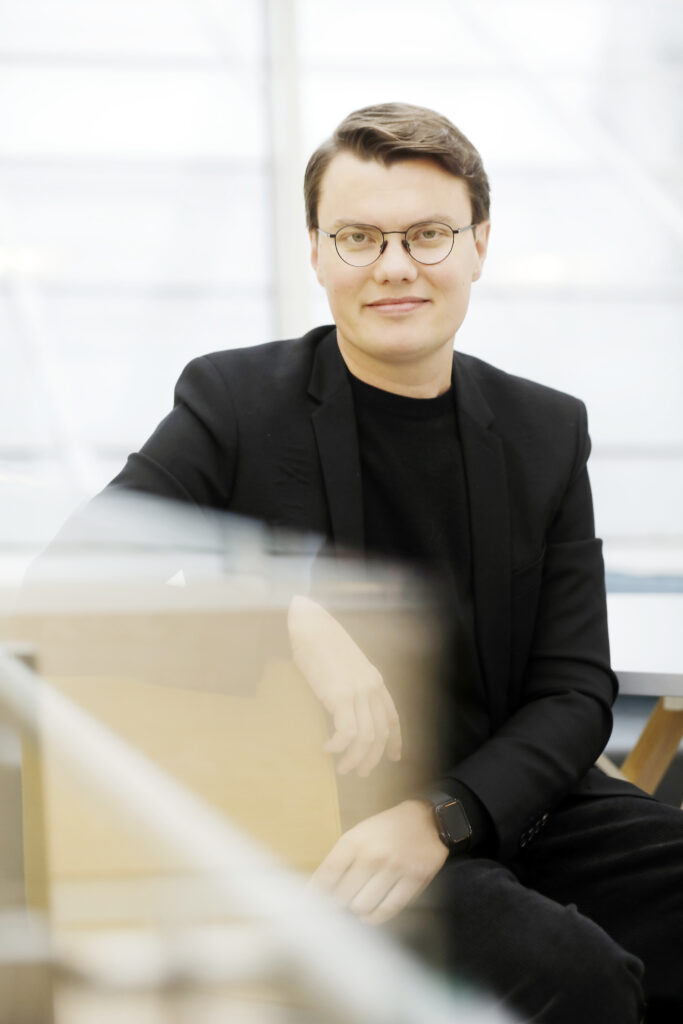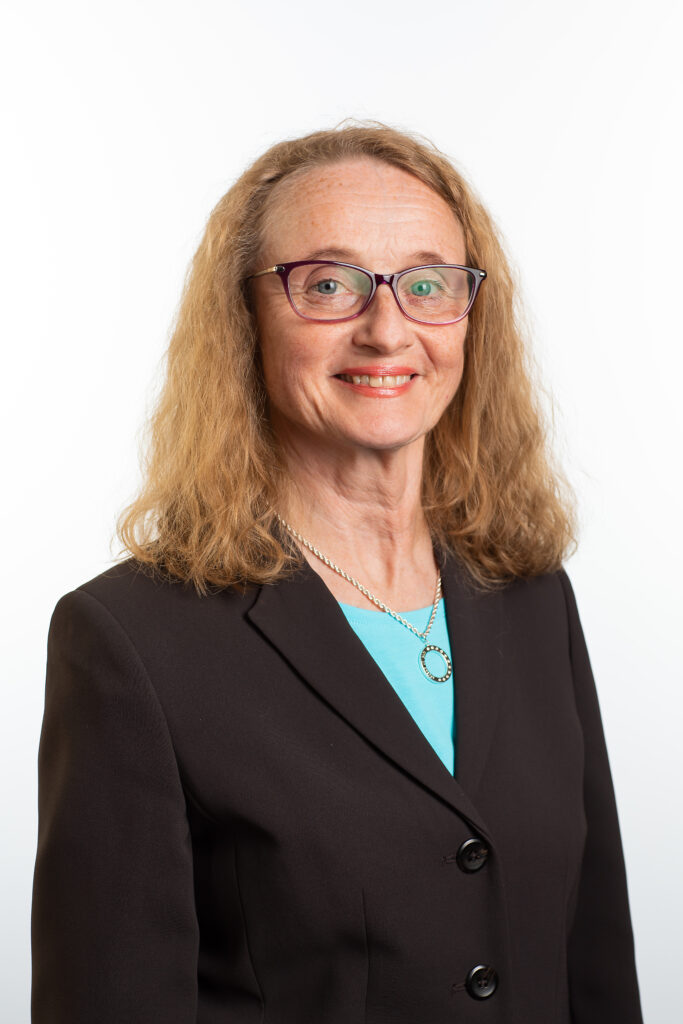According to the survey conducted by the European Union Agency for Fundamental Rights (FRA) in 2023, sexual and gender minorities encounter different types of discrimination, bullying and even violence in their daily lives. More than one third (37%) of respondents stated that they had experienced discrimination during the year preceding the survey. In Finland, a total of 11% of all LGBTIQ individuals had experienced discrimination in working life.
Equality through collaboration
“The discrimination of sexual and gender minorities is still a reality in working life, even though attitudes are developing slowly in a better direction, particularly over the past decade”, says Doctoral Researcher Miika Sahamies, Senior Advisor at Akava.
Sahamies is conducting dissertation research at Akava on the working life rights of sexual and gender minorities. He is researching Akava’s role in the development of rights for LGBTIQ minorities and endeavouring to further enhance the impact of Akava’s activities. Development workshops are being arranged as part of his dissertation research.

“We are working to develop Akava’s own community as well as seeking to strengthen Akava’s LBGTIQ policy impact on Finnish working life in general.”
“Working life is rapidly diversifying. It is essential for all workplaces to develop practices that promote equality and diversity. This is also true for us at Akava”, he adds.
Sahamies states that he is also constantly learning something new through the workshops he is organising – despite the fact that, through his position, he is already very well-informed about aspects of equality.
“I have had revelations and epiphanies, such as realising my own need to consider how I influence the discussion atmosphere around me. My own behaviour is not irrelevant if I want to create an open and safe environment.”
Sahamies expresses that everyone can, through their own attitude, reinforce the inclusive nature of their organisation.
“By being sincere and open, you generate a safe environment within your work community. When making assumptions, assume diversity”, Sahamies sums up.
Diversity must be reflected and included in general collective agreements
Sirkku Pohja, a working life specialist at Academic Engineers and Architects in Finland TEK, talks about TEK’s project, which aims at ensuring consideration for LGBTIQ minorities and different types of families in general collective agreements.
“Last year, we stated, together with Helsinki Pride, that general collective agreements would be an effective way to change attitudes and practices.”

Collective agreements should more clearly stipulate, among other things, the right of same-sex parents to family leave. An employee should also have the right to give up parental allowance days to a person other than the other parent, since the current concept of family in Finland comprises a wider and more multidimensional community than just a traditional heterosexual couple and their biological offspring.
“It’s not a modern approach either to state that an employee can have a paid day off to attend, for example, a sister or brother’s funeral. It would be easy to replace these gendered terms with the neutral term sibling.”
Pohja emphasises the need for flexibility when it comes to gender reassignment and fertility treatments. Even though the intense process may reduce one’s physical and/or mental capacity, such employees are not always entitled to paid sick leave.
According to Pohja, the invitation to participate in the collective agreement project that promotes LGBTIQ equality was sent to associations in different sectors within and beyond confederation borders.
“The project is only in the initial stages. The final obligatory provisions will be decided on based on the recommendations, policies, training and negotiations of the different parties involved.”
Text: Paula Launonen